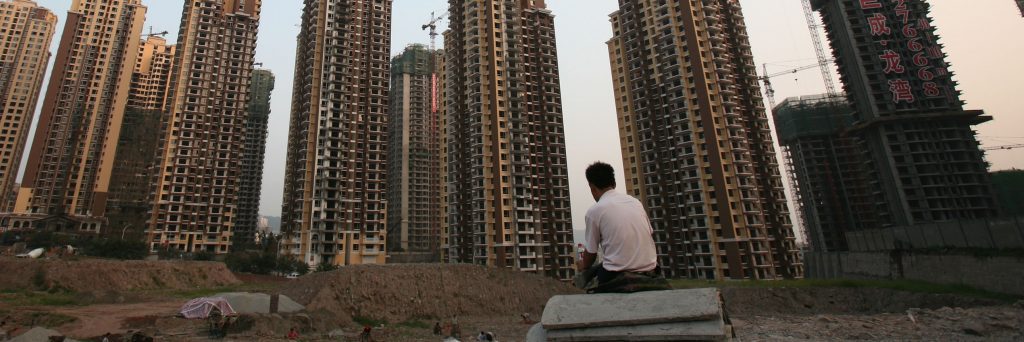A surge in the Chinese housing market may have massive cultural implications, according to research from the Columbia Business School. Costs have outpaced both Chinese national incomes and global housing prices, and “become an issue of concern for the Chinese government and its citizens.”
A new paper co-authored by Chazen Senior Scholar and NT Wang Professor of Chinese Business and Economy Shang-Jin Wei, entitled Home Ownership as Status Competition: Some Theory and Evidence, finds some stark similarities to the U.S. housing crisis in the late 2000s.
“China’s one-child policy inspired many more single men to buy homes—using home ownership to compete in an increasingly competitive marriage market,” Wei says. “This extra boost in the demand for owned homes has pushed up home prices to remarkably high levels.”
The roots of this housing dilemma can be traced back to at the least the 1980s when the male-to-female sex ratio skewed toward heavily men as a result of “China’s strict family planning policy and aggressive sex selective abortions.” There were reportedly 120 boys for every 100 girls by 2005 in China.
This skewed sex ratio has resulted in increased “competition in the marriage market and because home ownership is a more transparent form of wealth than one’s bank account or stock portfolio, it has led to a surge in housing prices.”
The Chinese government has attempted to implement policies that moderate the housing market, such as a more relaxed national family planning policy, but the “price of homes in many cities and suburbs continues to rise too fast relative to the growth of income.”
As a tactic to “moderate future growth of housing prices by accelerating the rebalancing pattern,” Wei suggests the Chinese government offer incentives to families that have daughters.
